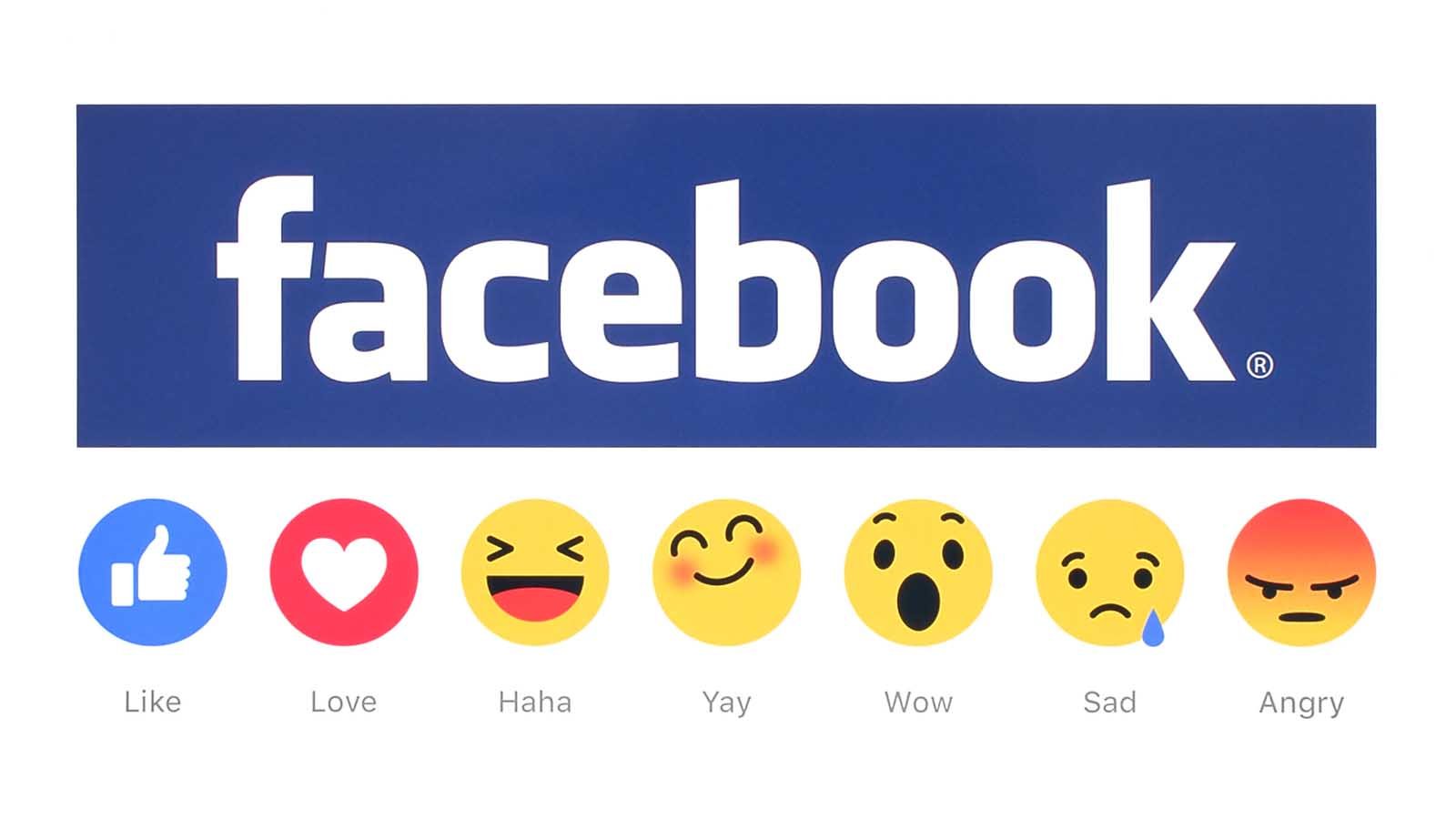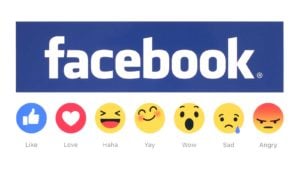I happened to see a recent article about Facebook (NASDAQ:FB) CEO and co-founder Mark Zuckerberg that said the 35-year-old was $5 billion richer early in 2020 thanks to Facebook stock approaching an all-time high.
Zuckerberg is now the fifth-richest person in the world, with an estimated net worth of $83.2 billion.
The CEO’s rapid rise up the Bloomberg Billionaires Index is no coincidence. That’s because Facebook’s stock gained 57% in 2019, adding approximately $27.3 billion to the millennial’s net worth in just a single year.
It’s clear, as is the case with Jeff Bezos and Amazon (NASDAQ:AMZN), that Facebook stock is Mark Zuckerberg’s best investment. Nothing else comes close.
As we head toward the November presidential election, Facebook will be one of the primary beneficiaries of the election cycle through paid political ads. Add in several initiatives the company is using to grow revenues — Facebook Watch, Facebook Gaming, Instagram Checkout, What’s App, etc. — and 2020 is looking like another big winner for Facebook shareholders.
If you own Facebook stock, I would not sell it, despite the fact it trades for 9.6 times sales, 17% higher than its price-to-sales ratio in 2018.
Now, at this point, you probably think I’m going to trot out some more business-related reasons why Facebook is such a profitable investment at the moment.
I could, but I won’t. Instead, I’ll use a couple of Facebook’s other owners to demonstrate why FB remains the billionaire’s best bet to stay at the top of Bloomberg’s index.
Eduardo Saverin and Dustin Moskovitz
If you’ve watched The Social Network on more than one occasion, you’re probably aware that Jesse Eisenberg played Mark Zuckerberg in the movie, receiving an Oscar nomination for his performance.
You might not know, however, that Andrew Garfield played Eduardo Saverin, who co-founded Facebook with Zuckerberg while still at Harvard. According to Forbes, Saverin’s net worth is $12.3 billion, a fraction of Zuckerberg’s.
Sure, Saverin left the company in 2005, which limited his ability to add shares through stock awards and the like. However, he did own 53.1 million shares (8.3% of the votes) in March 2013, only 10 months after Facebook’s May 2012 initial public offering.
It might not be the 30% stake he would have had if he hadn’t fallen out with Zuckerberg, but 53 million is still a considerable number.
But how many of those does Saverin still own? It turns out, all of them.
As of March 31, 2019, Saverin owned 7.5 million Class A shares(one vote per share) and 45.9 million Class B shares (10 votes per share) for a total of 53.4 million or 6.7% of the votes.
In 2012, Saverin had an approximate net worth of $2.8 billion. Today, he’s worth more than four times that amount, a compound annual growth rate of almost 24%.
There aren’t too many investments that can match that kind of compounding.
As for Dustin Moskovitz, who co-founded Facebook with Zuckerberg and Saverin and was played by Joseph Mozzello in the film (only real movie buffs would know this), he left the company in 2008. He is now CEO and founder of Asana, a project management tool.
In 2013, Moskovitz had 60.7 million Class A and 63.9 million Class B shares. Today Moskovitz has just 32.6 million Class B shares worth $7.2 billion at a current price of $220. If he still held the shares he owned from 2013, his Facebook holdings would be worth $27.4 billion, almost four times as much.
According to Forbes, Moskovitz’s net worth today is $13.5 billion, or approximately half what it would’ve been if he’d held onto his Facebook stock.
The Bottom Line on Facebook Stock
Since 2013, Mark Zuckerberg has sold approximately 107.7 million shares, or 22%, of his Facebook stock. Hey, a guy’s got to live.
However, despite selling those shares, his net worth has still skyrocketed. In 2008, long before FB went public, Zuckerberg’s net worth was estimated to be $1.5 billion. This means it’s increased by 44% annually over the past 11 years.
Is there any investment that Zuckerberg could have made that would’ve been better than Facebook? No, there isn’t.
Over the next 11 years, I doubt very little will change. You might want to follow suit.
At the time of this writing Will Ashworth did not hold a position in any of the aforementioned securities.

